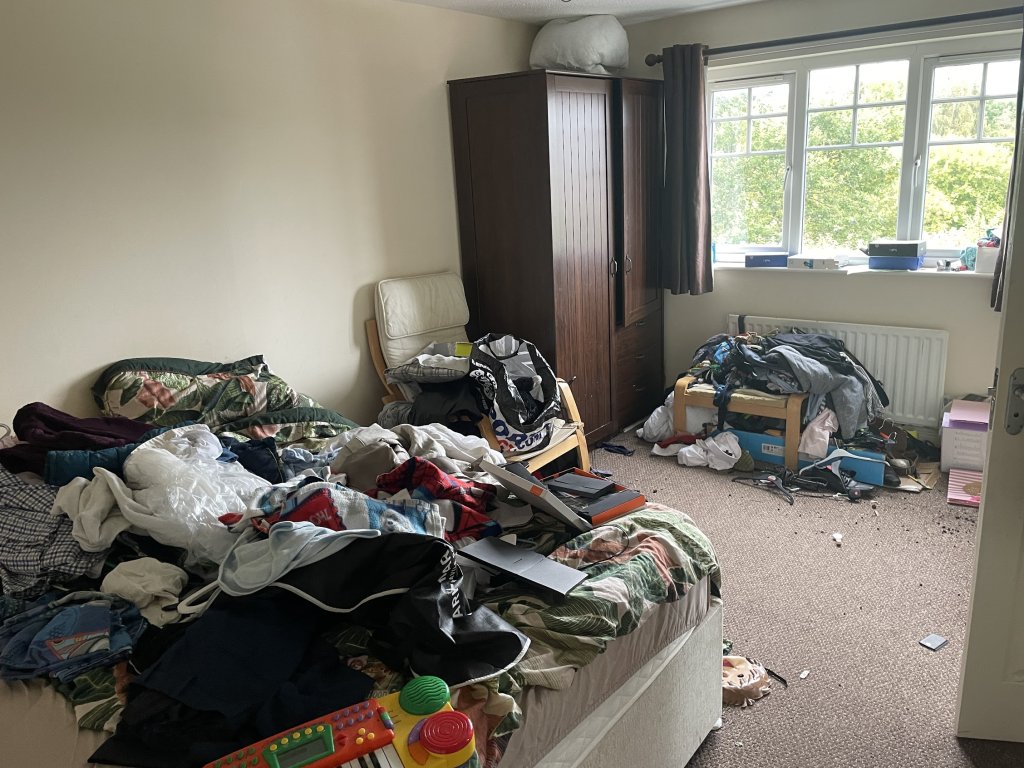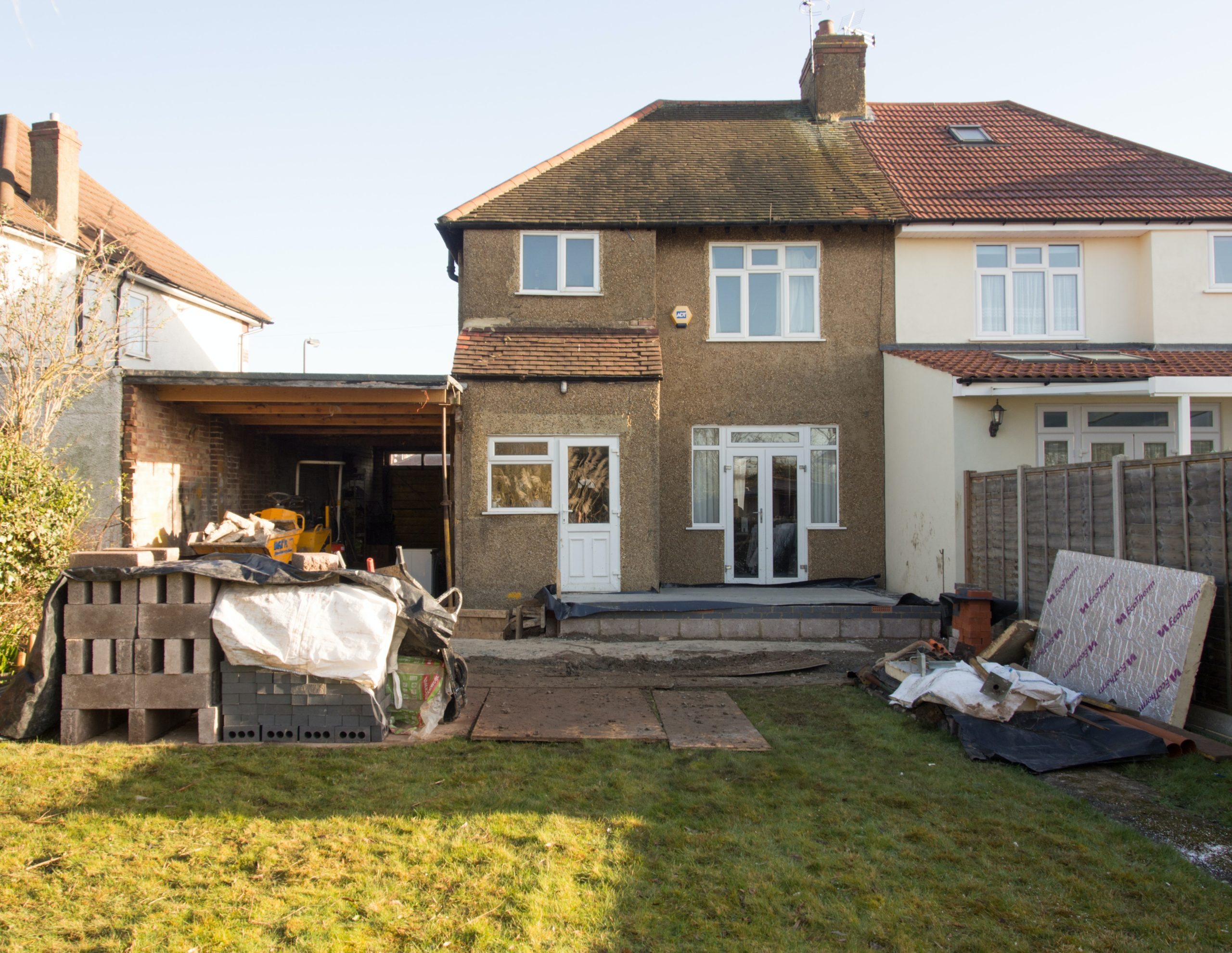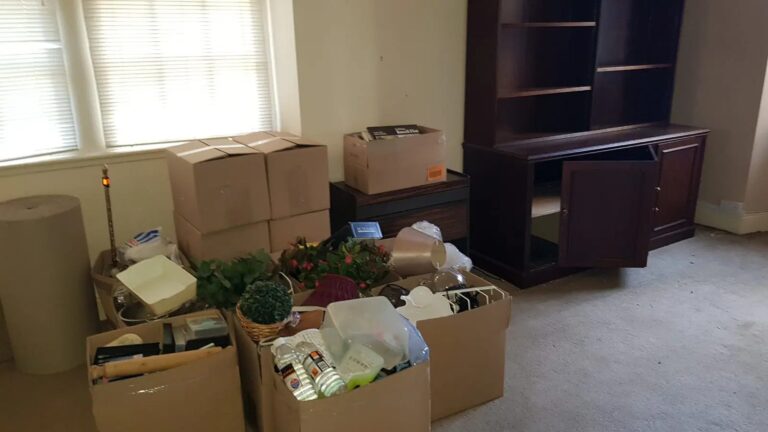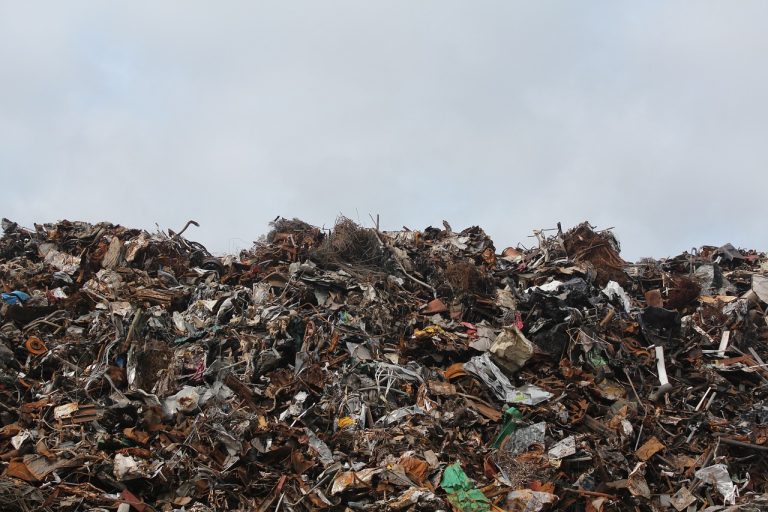How do I clear my house after death UK
Understand the clearing of a property after death in the UK – it involves a few important steps:
- Notify the necessary authorities and get a grant of probate or letters of administration. This document enables the executor or administrator to manage the deceased’s possessions, such as their home.
- Investigate if there is a valid will and who is named the executor. If there is, they sort out the house clearance. If not, the administrator is responsible.
- Organise valuations for personal items and organise their sale or distribution. A house clearance service may be needed to remove unwanted things and clean the property.
- Pay off any debts with assets of the estate, including mortgages and bills. Comply with legal requirements at all times.
In summary, getting a grant of probate and managing assets in line with a will or intestacy laws must be done. Valuations and distributing personal items also need to be taken care of. Legal demands need to be fulfilled for a smooth process.
Money Advice Service states: “It’s essential for executors or administrators to know their duties when clearing a house after someone dies.”
Assessing the situation
Evaluating the situation is key when it comes to clearing a house after a death in the UK. Assess: possessions, financial matters, assets, debts, bills, etc. Use a table for clarity. Legal requirements must be followed. Consider family and friends for emotional support.
Here are tips for success:
- Research local regulations.
- Get help from experts.
- Preserve sentimental items.
- Donate.
- Hire a reputable clearance company.
With careful assessment, house clearance will be smooth sailing.
Legal considerations
You need to think about a few items when you’re clearing a house after death in the UK.
- Probate: Check if probate is needed. It’s a legal process that validates a will and divides assets. Speak to a solicitor if necessary.
- Inheritance Tax: See if inheritance tax applies to the estate. Ask a financial advisor or HMRC about your responsibilities and any exemptions.
- Estate Administration: Stick to the right processes, like informing relevant bodies, canceling subscriptions, and redirecting post.
- Insurance: Keep appropriate coverage in place during clearance. This is essential to protect against accidents or damage.
- Valuables and Assets: Find valuable items like jewelry, art, or antiques. Get professional appraisers if needed to work out their worth.
- Charitable Donations: Donate unwanted items or mementos to charities. This is a great way to help others while honoring the deceased.
- Consult Professional Advisors: Get guidance from professionals like solicitors, accountants, estate agents, or clearance specialists. Their knowledge can help with complex legal issues.
By following these tips and thinking about each factor, you can make sure you handle the legal side properly and effectively.

Sorting and organizing belongings
Create a list of items in the house. Categorize them into groups such as:
- Clothes
- Furniture
- Documents
- Sentimental items
Decide what to keep, donate, sell, or discard. Think about value and sentiment.
Keep important documents safe. This includes:
- Wills
- Insurance policies
- Bank statements
- Property deeds
Involve family and friends to make decisions and distribute possessions.
For extra help, get professional advice from solicitors or estate clearance services.
In cases with assets or legal issues, consult a probate specialist.

Disposing of unwanted belongings
Donating unwanted items to charity is one way to help those in need. Charities accept furniture, clothing and household items that are in good condition. It also allows those items to be appreciated by new owners.
A garage sale or auction is another way to part with unused items and make money. It’s an opportunity to sell items that may still have value to others.
Hiring a professional estate clearance service is a great idea for disposing of items. They understand sensitive situations and can provide info about legal requirements and distributing belongings.
Family and friends may be interested in items with sentimental value. Offering them the chance to keep cherished memories alive can reduce clutter.
Cleaning and preparing the house for sale or new residents
Cleaning and prepping a house for sale or new residents is a must! Here are 6 key points to think about:
- Decluttering: Get rid of any personal items, too much furniture, and excess clutter. This will create a tidy and open atmosphere that buyers/residents can envision as their own.
- Deep clean: Clean every corner of the house, walls, windows, appliances, carpets etc. Pay attention to areas that were neglected, like behind furniture or hard-to-reach spots.
- Repair/maintenance: Check the condition of the house and do any needed repairs/maintenance. Like fixing leaky faucets, broken tiles, squeaky doors, chipped paint etc. An orderly property will reflect positively on its future owners.
- Neutralizing odors: Get rid of any bad smells by airing out the house and using air fresheners/odor-removing products. Consider hiring professionals if persistent odors need special treatment.
- Staging: Set up furniture/decor to show off the best of each room. Use neutral colors/styles to appeal to more people.
- Curb appeal: Improve the outside of the property by tidying up the garden, repainting the front door (if needed), and making sure pathways are clear and well-maintained.
In the UK, it’s important to keep in mind unique details about cleaning and prepping a house after a death. To make sure all legal requirements are met, consult with professionals like solicitors or estate agents who specialize in post-death matters.
Don’t miss potential opportunities by not preparing your house properly. A well-presented property can draw more interest and potentially increase value, so take the steps to make sure it’s ready for its future occupants. A clean and inviting environment can make all the difference in creating a positive impression.
Communicating with relevant parties
In the UK, if a house needs clearing after a death, communication is key. Let family, solicitors, and estate agents in on what’s happening. This ensures a smooth process!
First off, inform close family members. They should know of any plans or decisions concerning the house. Examples include selling it or organizing an auction.
Next, approach the deceased person’s solicitor. They can provide direction on legal matters. Plus, they can make sure all papers are filled out properly.
Estate agents could be needed to sell or rent out the property. They can do valuations, advertise the house, and organize viewings.
It’s important to keep everyone up-to-date. Regular communication prevents misunderstandings and keeps everyone on the same page.
A family had to clear their late grandmother’s house in the UK. They contacted her solicitor who gave advice on selling it. An auction was held for some of her belongings while sentimental items were kept by the family. Communication among all parties helped them manage this difficult time with ease.
Finalizing the process of clearing the house
When it comes to finalizing the process of clearing a house after death in the UK, there are certain steps to follow. This makes the task easier and more respectful.
- Assessment: Start by figuring out what to donate, sell or discard. Make a list or take photos for reference.
- Legal Matters: Sort out any legal issues, like transferring ownership or updating the will. Get advice from a solicitor if needed.
- Sorting and Distribution: Follow instructions left by the deceased or their will. If none, consult family members or make fair decisions.
- Cleaning and Repairing: After all items are gone, clean and repair the house. Ready it for sale or rental if desired.
- Selling or Renting: Prepare the property for listing on the market. This may include making repairs, staging, and hiring an estate agent.
- Closing Accounts: Close any remaining accounts associated with the property. Pay all bills before closure.
Throughout this process, it’s important to be sensitive and respectful. Clearing a house after death can be emotionally challenging, but following these steps will help.
A true fact about clearing houses after death in the UK: The Guardian newspaper states that more people in Britain are leaving behind bigger, more cluttered homes, making the clearing process more complex.
Conclusion: Reflecting on the experience and offering additional resources for further assistance.
Reflecting on the experience, it’s important to acknowledge the emotional toll that clearing a house after death can take. This task involves not only the physical removal of belongings but also the closure of a chapter in someone’s life. So, sensitivity and understanding should be approached.
A key resource is professional estate clearance services. These specialize in clearing a house after death. They have the experience to handle delicate situations with empathy, ensuring that belongings are treated with care and respect.
Bereavement counseling or support groups can provide invaluable help. They allow for sharing experiences, connecting with others in similar situations and obtaining advice on managing the process. Plus, they help in navigating grief and loss.
Another suggestion is to consult legal professionals such as solicitors or probate specialists. These people can offer guidance on legal matters, making sure procedures are followed and obligations fulfilled.
Additionally, friends and family can provide practical help and emotional support. Sharing the workload and reminiscing can lighten the burden and create a supportive network.
Each suggestion has practical solutions tailored to specific needs. Professional estate clearance services offer expertise and sensitivity. Bereavement counseling and support groups offer an outlet to process emotions. Legal professionals safeguard legalities surrounding property ownership. Friends and family provide physical labor and emotional comfort.
Frequently Asked Questions
Q: What do I need to do when someone dies in my house in the UK?
A: When someone dies in a house, you should firstly contact the doctor or the attending healthcare professional to certify the death. Then, you must inform the deceased person’s family, friends, and the necessary authorities.
Q: How can I clear a deceased person’s belongings from my house?
A: To clear a deceased person’s belongings from your house, start by notifying the executor of the will or the deceased person’s next of kin. They can advise you on how to best handle the process, which may involve sorting, donating, selling, or disposing of the belongings.
Q: Are there any legal requirements to clear a house after death?
A: Yes, there are legal requirements to clear a house after death in the UK. These may include obtaining a grant of probate, securing any valuable assets, fulfilling any outstanding financial obligations, dealing with the deceased person’s will, and distributing their estate accordingly.
Q: Can I hire a professional service to clear a house after death?
A: Yes, you can hire professional house clearing services specializing in handling properties after death. These services can assist you with the organization, clearance, and cleaning of the house, relieving you of the associated tasks during a difficult time.
Q: How long does it typically take to clear a house after death in the UK?
A: The time it takes to clear a house after death varies depending on several factors, such as the size of the property, the amount of belongings, any legal procedures involved, and the cooperation of various parties. It could take anywhere from a few weeks to several months to complete the process.
Q: Are there any belongings that I should keep or preserve after clearing a house following a death?
A: Yes, some belongings may hold sentimental value or have legal significance. It is advisable to consult with the executor, next of kin, or legal professionals to identify such items. Important documents, family heirlooms, and valuable possessions should be carefully preserved or distributed as specified in the deceased person’s will.







